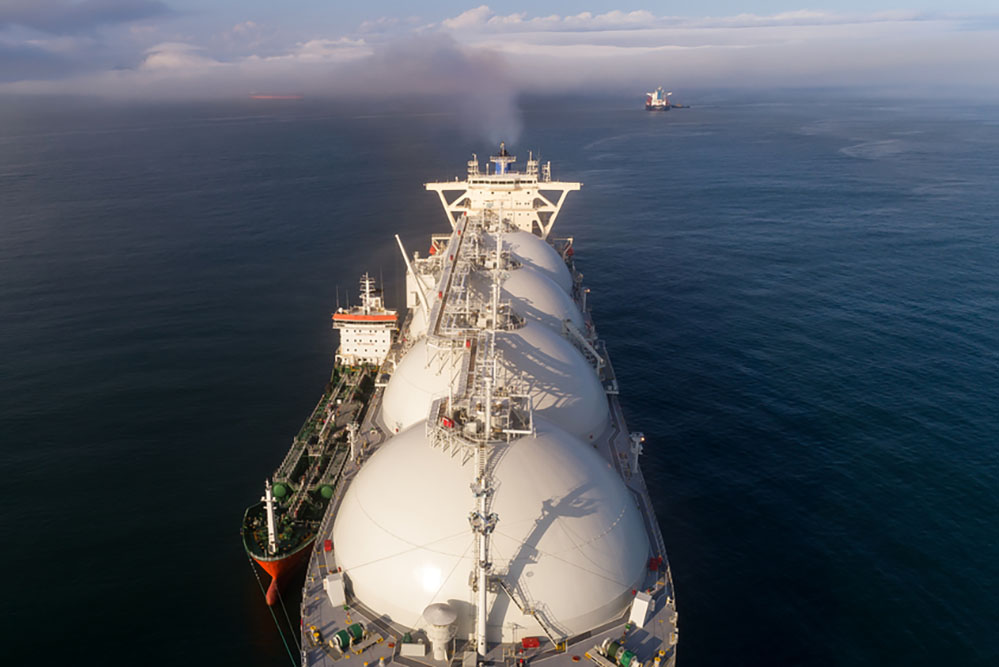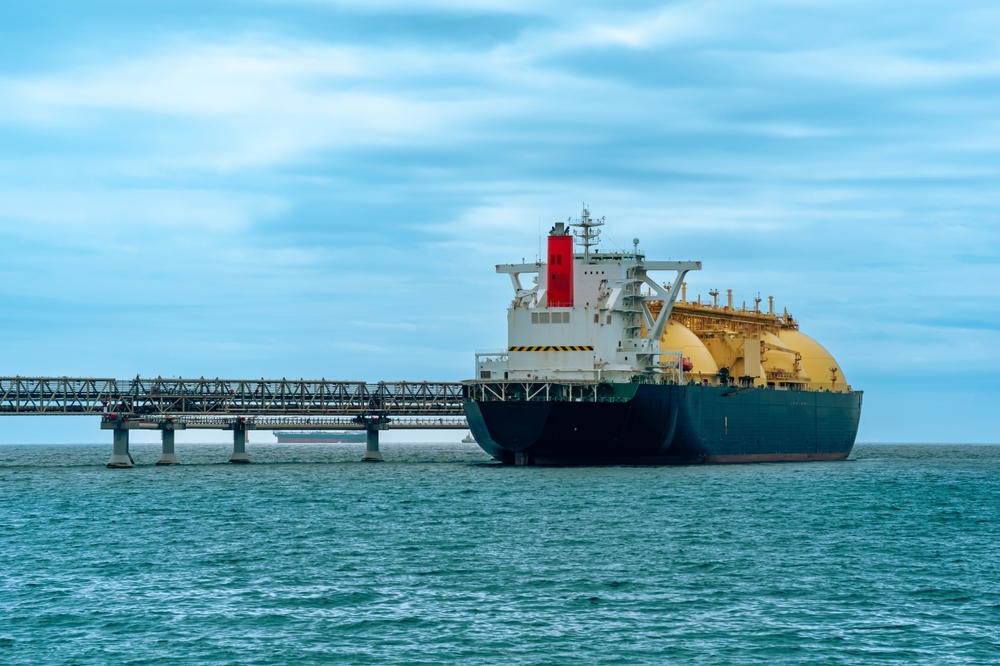
The Australian Trade and Investment Commission has provided advice to help Australian exporters and businesses manage the impact of the coronavirus pandemic.
The COVID-19 pandemic is disrupting business around the globe to differing degrees, and the situation is changing daily.
Exporters are advised to keep informed of the situation in various locations by using the links below, relying on trusted partners in local markets, or by contacting Austrade on 13 28 78 and following the prompts for ‘Export enquiries’ (within Australia).
It is recommended that businesses:
- Stay in contact with customers and partners; communicate on a regular basis as far as possible. Be aware there is a likelihood that the customer’s business is being heavily impacted as well.
- Stay in touch with a peak industry body.
- Be aware that many events are being cancelled or rescheduled.
- Prepare a plan for when the pandemic effects ease so delivery and promotion of product or service can be scaled up.
- Note the latest Australian Government Travel Advice and travel restrictions in place, which are there for everyone’s safety.
China shows encouraging signs despite first quarter economic data
The Chinese market is moving rapidly and although economic data for January-February was uniquely poor, many business activities are returning towards near normal levels:
- Logistics issues are easing.
- Ports are nearing full operations.
- E-commerce is thriving.
- Some Australian export sectors are already picking up.
Meanwhile, many smaller businesses in China are lagging, with the shock in demand felt mostly in the hospitality, travel, property and retail sectors.
Back in business
Data released by China’s National Bureau of Statistics on 16 March show a double-digit decline across all key economic indicators for January–February, which is the worst on record. Unemployment rose from 5.3% in January to 6.2% in February.
Despite this and while hard data is hard to come by, some indicators – including power consumption and domestic passenger numbers – suggest companies are returning towards normal operations. The China Economic Recovery Index (CERI) has suggested that around two-thirds of business activities have resumed, including manufacturing and consumption. In the week commencing 9 March, two-thirds of China’s 300 million migrant workforce were estimated to have returned to work.
As of 13 March, analysts estimate that large businesses were operating at 74.2% of their normal output and small to medium sized businesses at 61%. High profile foreign companies have largely resumed operations in China.
Logistics
China Port Association (CPA) has reported that, with the exception of Hubei, ports in China have now all returned to close to normal operations, running at more than 90%.
While travel and quarantine restrictions are continuing to ease, it is estimated that only 65% of ex-port container truck drivers are back at work. In Shanghai 85% are back at work.
However, while ports in China may be close to fully operational, it will take time for the build-up of containers in China that occurred through February to wash through port logistics globally – some industry sources suggest that finding containers and ships in Australia has been challenging in recent weeks.
Guanxi province has removed all road and highway checkpoints; and almost all of the transport system in Shenzhen is operational. Other cities and provinces (most notably Hubei province and the capital, Beijing) are taking longer to return to normal.
Scheduled flights to and from China this week were 10% down (from a low base) on last week, although flights to Australia from Guangzhou and Shanghai increased in frequency. International cargo flights have started to increase, up 4% week-on-week.
Australian resources export
Liquefied natural gas (LNG) shipments to China in the first two weeks of March are on a par with the same period last year, at 1.92 million tonnes. The China Iron and Steel Association (CISA) expects China’s annual steel consumption to drop by only 0.5%. This is in line with market forecasts before COVID-19.
Australian Government support
The Australian Prime Minister announced new government support for Australian businesses on 12 March. States and Territories have also provided resources and advice for businesses:
- New South Wales
- Victoria
- Queensland
- South Australia
- Western Australia
- Tasmania
- Northern Territory
- Australian Capital Territory
Useful links
Business.gov.au – Coronavirus information and support for business
McKinsey & Company – COVID-19: Implications for business
Department of Home Affairs – COVID-9 Updates
Department of Foreign Affairs and Trade Smartraveller
World Health Organisation (WHO) has daily updates on the COVID-19 outbreak.
Department of Health








